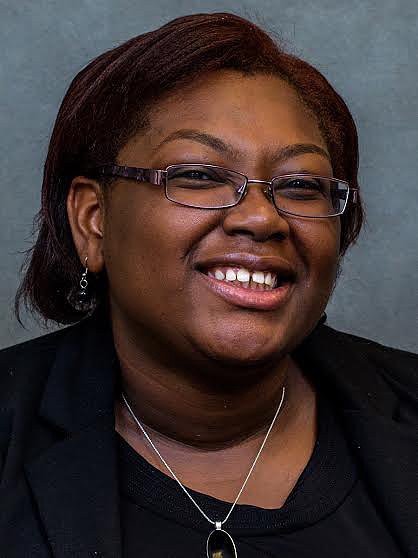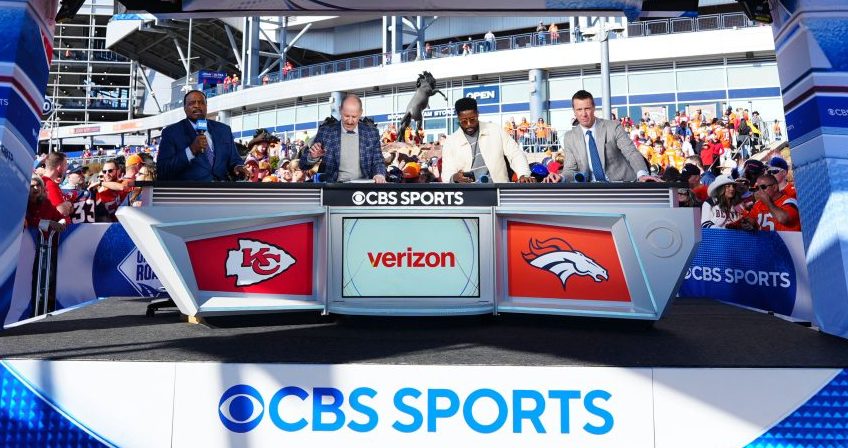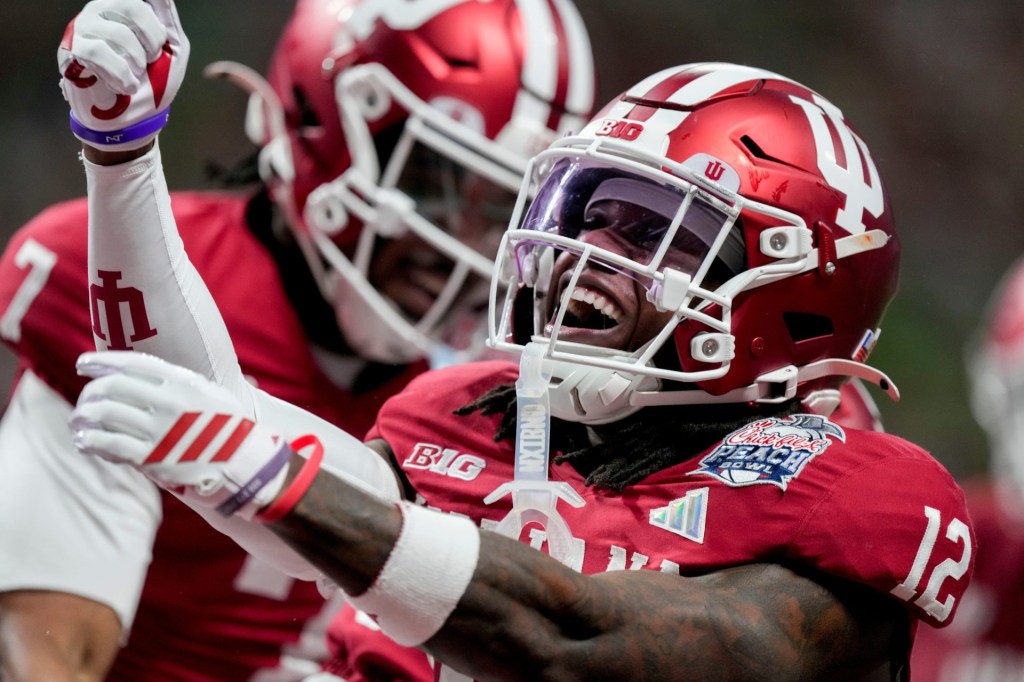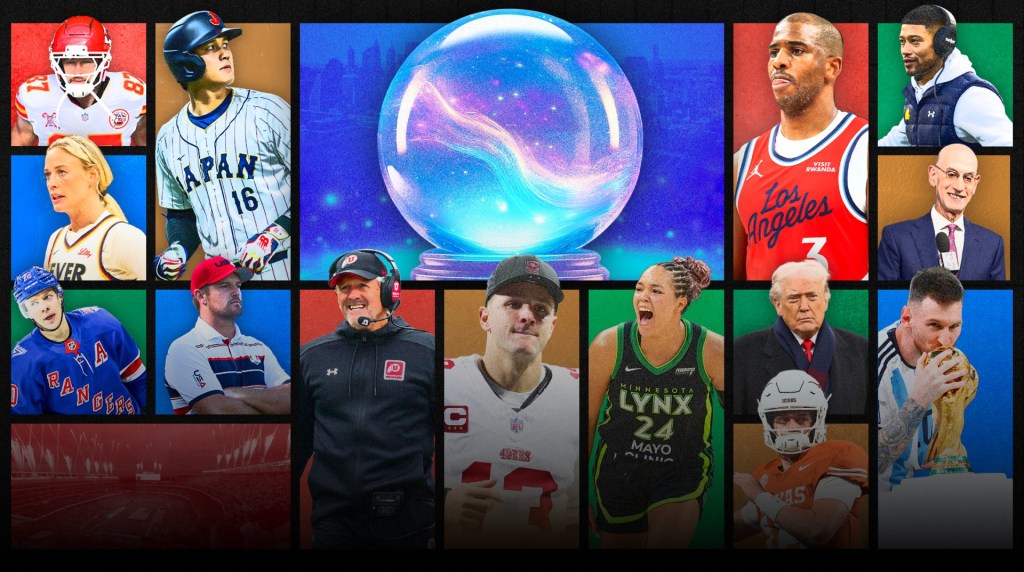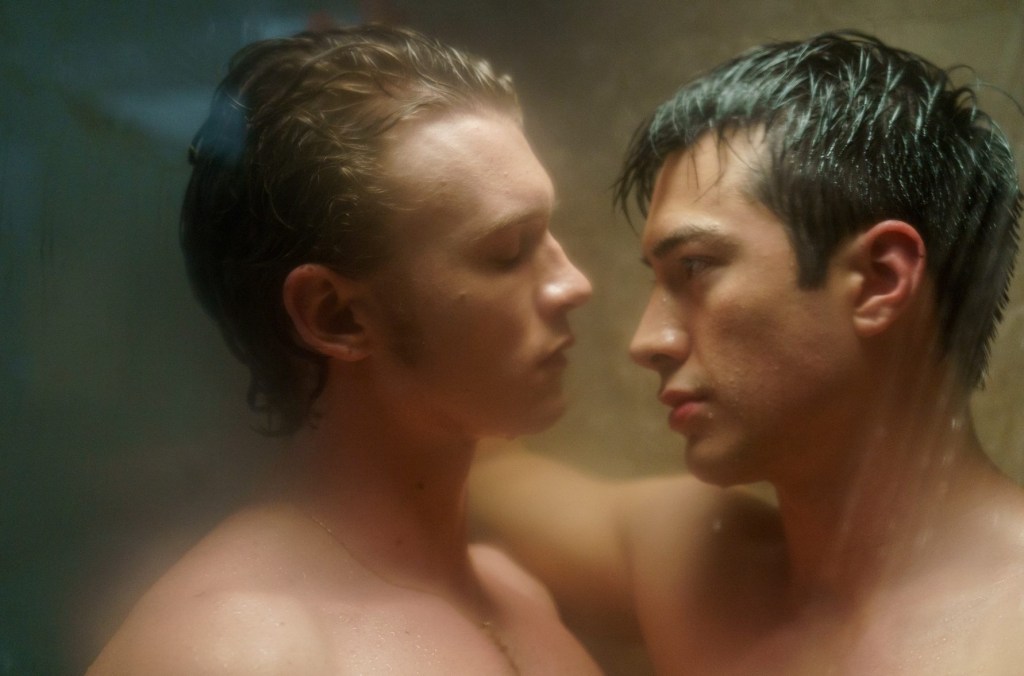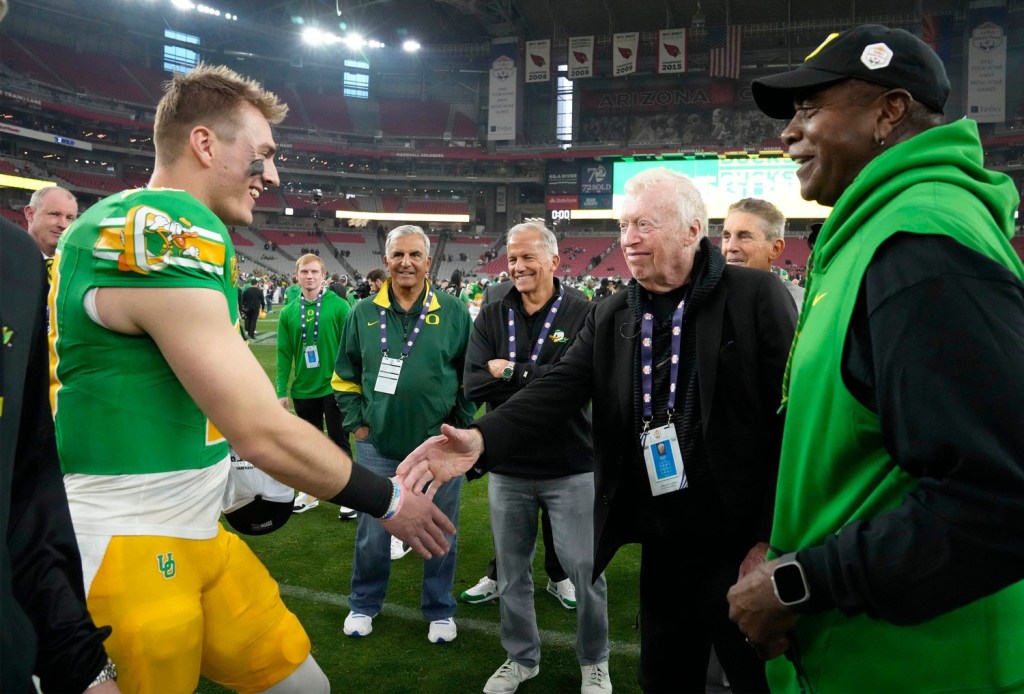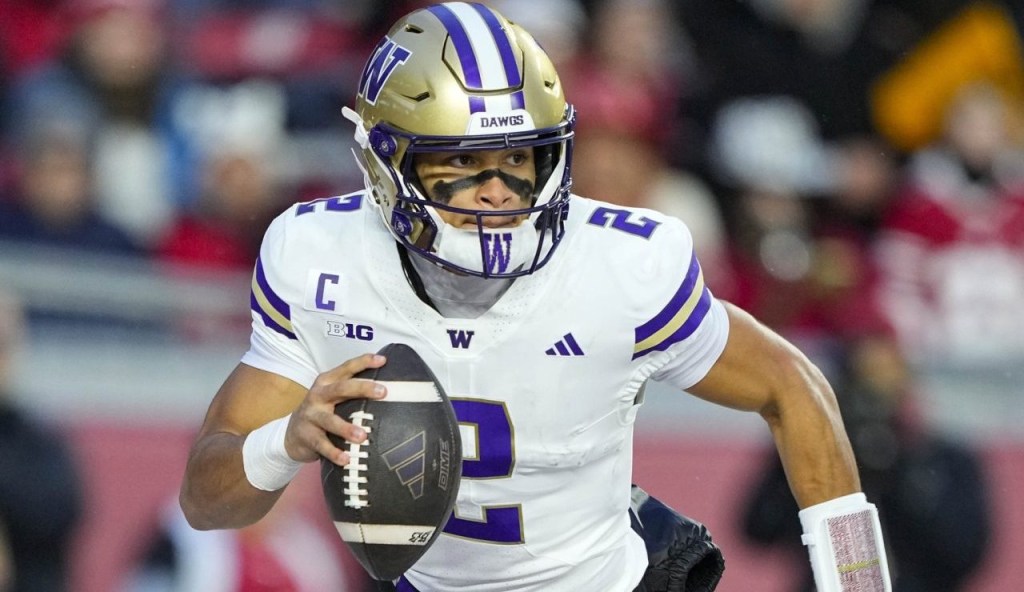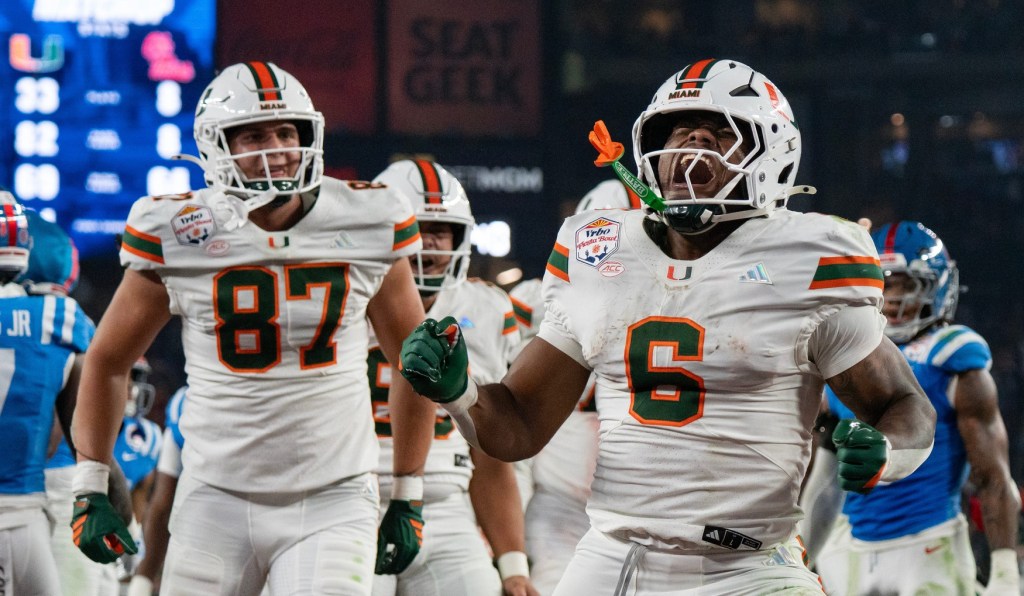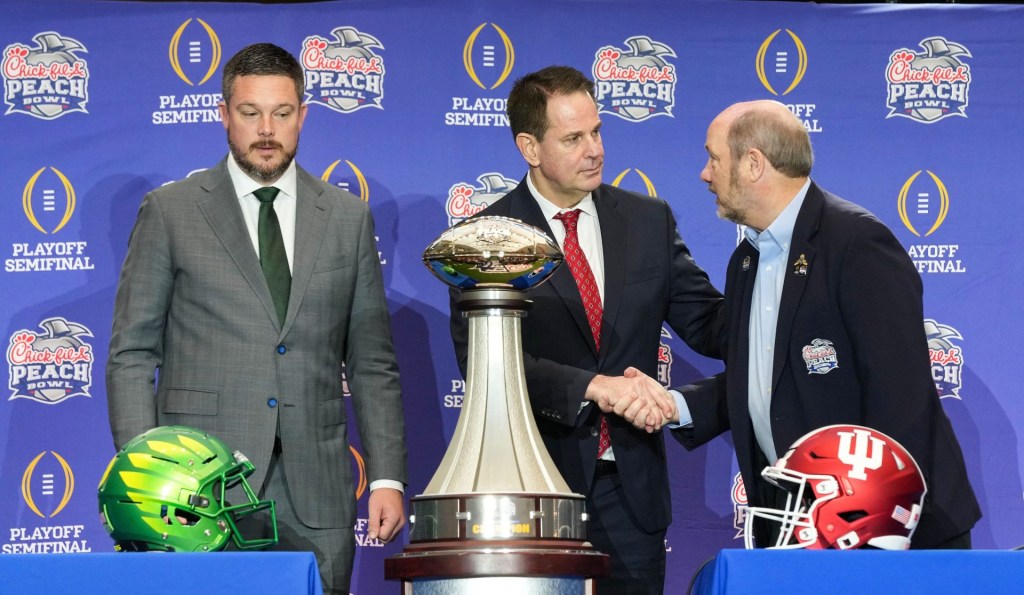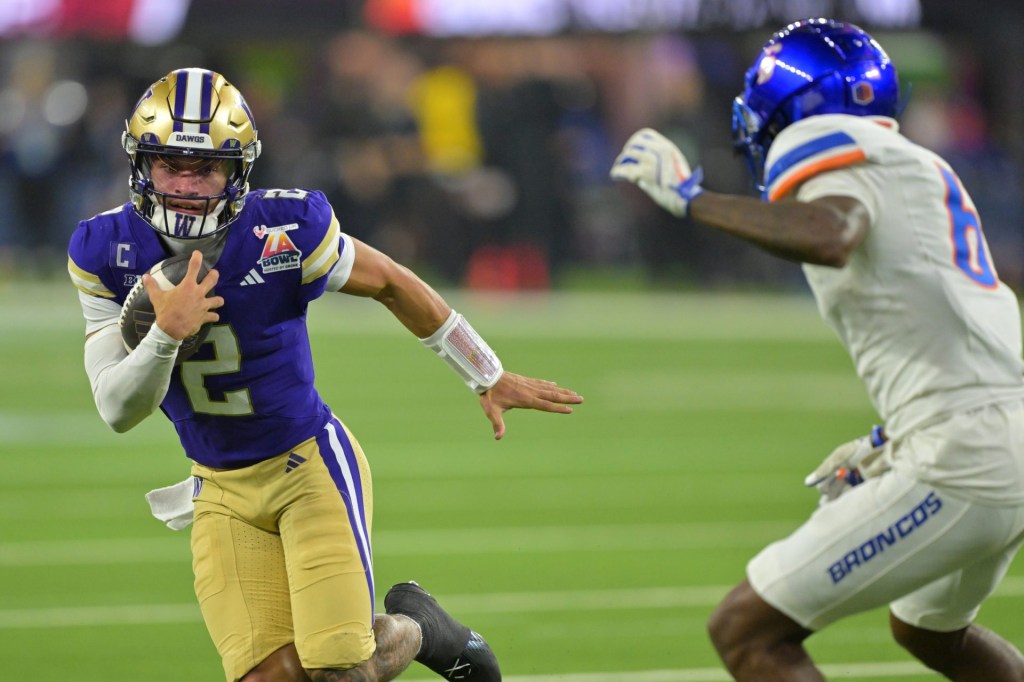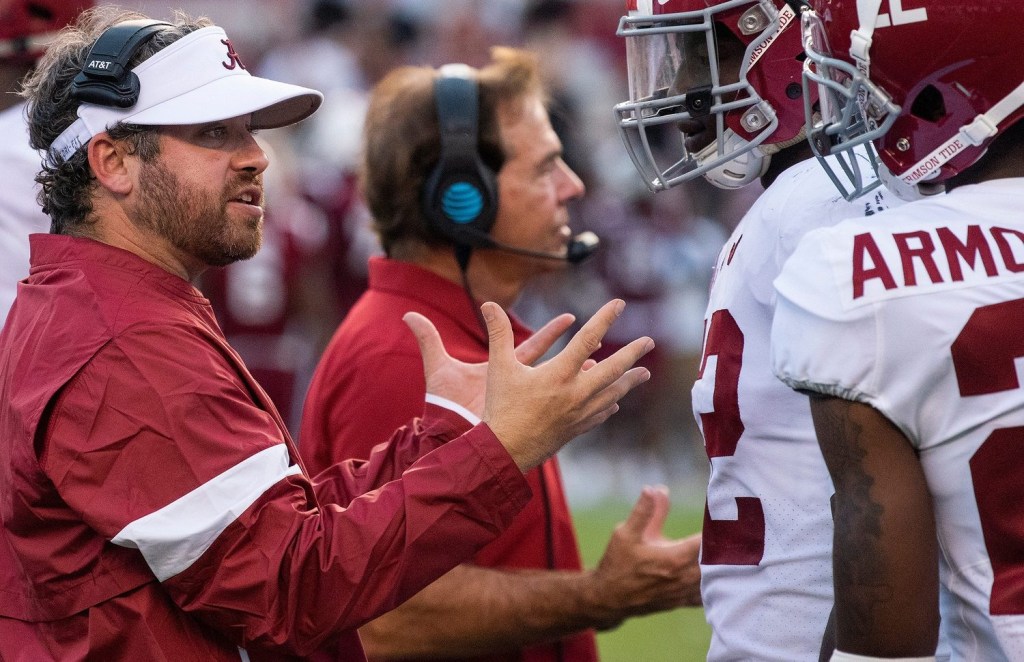By: Katie Willis, @_KatieWillis

Front Office Sports is honored to have sat down with Markeisha Everett, Director of Marketing and Fan Development at Georgia Tech Athletics. Markeisha was kind enough to have offered up her time and insight into her journey through the sports business industry. Having worked at five different institutions, she shares of her experiences in addition to her support system and mentors, and how networking and learning from them was key to her success. Markeisha and her department are in charge of marketing and ticket sale strategies that increase revenue, build relationships and foster engagement for Georgia Tech Athletics.
Looking at your previous experiences, you’ve been to a lot of different places. From North Dakota State to your alma mater West Virginia to now Georgia Tech, share how your journey has benefited you and made you better as a professional:
What you’ll find is that each institution is different in how they do things. There are places where I got more promotions experience than marketing and advertising. There are others where I’ve done more revenue than promotions. It just depends on the culture, layout and structure of the organization that you’re in. There are a lot of things that fall under the marketing umbrella.
It definitely makes you a better-rounded individual, just to have that knowledge. For example, one of the things [that] my team is managing now is community relations. Having done that in previous experiences when I first started out, it gives me the background knowledge to lead and guide that person I have right now in that position because I understand it. Even though I haven’t done it in the past three years, the first two and half years of my career is something I was doing before gears shifted. Now that I’m managing someone who does it, it helps out by having a little bit of background of what it takes to be successful.
What kinds of internships/jobs/experiences did you have in college that benefited you in the long run?
I started doing facilities and operations and then during my second year, I worked in the marketing department, and I actually didn’t like it. Over the summer before my junior year, the ticket office was looking for some volunteers and I was able to use it for class credit. I ended up working there over the summer and it was the perfect relationship. My boss was great and I learned a lot so he hired me as a ticket office student assistant to help be a manager for some of the sports. One of my sports was hockey so everything that had to do with hockey, whether it was tickets, a clicker, money, managing that team of ticket office assistants for that game, etc. Also, making sure that tickets were sold correctly and the correct amount of money was sold. At the end of the day, it was up to me to count the money and tickets, and make sure that everything matched to do the necessary paperwork and be the person to submit that money back into the ticket office.
Junior and senior year I stuck with ticket operations. I also did an internship with a summer baseball league out of Toledo. I also did a summer internship with the Toledo High School Athletic Association.
What advice would you give to others about networking?
As a young professional and a student trying to prepare to enter the industry I would definitely recommend the book The Power of Who by Bob Beaudine. He hits on really making sure you’re not just meeting people but how to maximize that network and the people in it and how you use that to get to where you want to go — not by using people but by building those ongoing relationships.
Share how important mentorship played a role throughout each experience:
Without the proper mentorship, I would still be trying to break into this industry. Having the talent is not enough. You have to understand the business. When I say that, I mean you have to understand the business in a sense of how it’s run and operated as well as the culture. There are things that are not acceptable and you must know how to do.
Mentorship on how to navigate this industry is very important. Mentorship is also important because there are people who have gone through this before and if you don’t reach out, seek that advice and wisdom, how will you grow? If not, the only thing you’ll see is what happens at your institution or on your campus every day. You have to branch out and learn from others. I have mentors who are in different stages of their life. When I look at my mentors, I look at them more as my personal board of directors. I have different people that I can go to for different things.
If I need to go and talk with someone about management and leadership, in my network, I have three or four people who live it and breathe it every day and they’re dedicated in the same way that I am to learn and grow as a leader. But if I have a question about revenue generation, I might not call those same three to four people, there are others that I know that are doing well in those areas. I have a mentor who doesn’t work in the industry, but works in real estate. I consider him one of my board of directors because he’s very honest and motivational. He encourages me to think outside the sport and entertainment industry. It makes me step back and look at something from a different angle so I can re approach a problem.
There are also some people that are at the same level and age as me, I might call them over someone else that has been in the business for years because we’re going through it at the same time or I know they just experienced the same thing recently. I want to know how it made them feel and how they navigated through it. It’s not necessarily having one person that you go to but more of having a board of directors with people that are not necessarily like-minded, but of good character. Even if you think differently than me, I know that you are of good character and I can come to you for advice. I know those people are not going to give me false information or information that is based on themselves, but give more of a holistic approach. That’s how I approach mentorship because it forces you to learn and grow, not just professionally but personally.
What can you speak about when it comes to taking opportunities, even if it requires moving far away and stepping out of your comfort zone?
I think it can be nerve wracking and you can be excited. What I tell people is to follow the experience. Get the experience and build your network and then eventually, you’ll be able to pick and choose where you want to go. It doesn’t mean you’ll have to be at three to four different institutions like I have. Pick somewhere where you know you’re going to get a good experience. When you’re young and coming out of school, that’s what matters. Are you getting that experience? Are you gaining leadership skills? Are you being taught the right things? If you’re focusing on that, hopefully it becomes more exciting than it is nerve wracking.
Also, having a good support system is part of it. My family supports my craziness. Having that support system is crucial. If you go somewhere new when you’re used to being close to home and then you leave, there’s going to be times where you’re going to be homesick. You’re going to want your Mom or Dad or to hang out with your siblings. You need to be able to call them and say, ‘Hey, I miss you guys’ and have it not be a sad thing but more of a, ‘We miss you too, but how are things going?’ You need people in your corner to support you when you’re thinking about going out and doing those sorts of ventures.
Since breaking into the sports business industry, what has been the biggest thing you’ve had to learn along your journey:
The first one was a little bit harder than the second but I eventually caught on — ‘It’s not about me.’ I think we all have to remember that it’s not about us. What we do every day is bigger than just us. We’re not saving lives but there are constituents involved that may benefit more than we do from a game. Are we serving our constituents? Constituents meaning student-athletes, season-ticket holders, the community surrounding the area, etc.
There can be a lot that falls under that category. If you’re doing something, especially from a marketing side, you have to put aside what your feelings are. I might come up with an idea but I have to ask those follow up questions — who is my target audience? How are they going to respond? Why do I think they will respond that way? I can’t implement an idea just because I think it’s good, because it’s not about me, it’s about them and how I can better serve them.
The other thing is not to take everything personally. One of the things I don’t like is people yelling at me. If someone yells at me at work, they might have just had a bad day. It’s not about me. If I feel someone went and did something without my consent, I am going to approach it differently because I can’t take everything personally. Maybe that person didn’t know it needed to come through me. I am going to go and address that person, ‘Hey, we can do that but next time, can we make sure that comes across my desk?’ Again, if you take everything personally, it hinders you from doing your job.
If you’re constantly upset or offended by the actions of someone, you tend to not want to work with that person and you shy away from conversations or activities with them. That might be your biggest ally but because you’re taking some things personally, you’re not producing in a manner that you could be. I encourage everyone not to take things personally. I’m not saying you can’t get upset but take a step back from the situation and come back to it later. When we learn not to take everything so personal, we can form better relationships and come up with better ideas. We can take things from level A to level B and so on and so forth…
Any parting wisdom/advice:
Become a student of your craft. Our industry is ever evolving. There is something new every day — whether it be technology or a NCAA rule that was changed. Learn the industry. I’m not saying you’ll be an expert in every area but know what’s going on in the industry. Know how you fit into that. Know how you can contribute and how that changes the way you do business every day. Always learn because when you learn, you grow. If you’re learning and growing, that means you can teach others as well.
We would like to thank Markeisha for her time and insights and we would like to wish her the best of luck in her future endeavors!
You can follow Markeisha on Twitter here and connect with her on LinkedIn here!
This interview is another edition of “Winning Edge Wednesday” in congruence with our partnership with the Winning Edge Leadership Academy. Every Wednesday we will be featuring the story of a woman or minority working in the sports business industry. If you know of a professional you would like featured, drop us a line at russ@frontofficesports.org.

